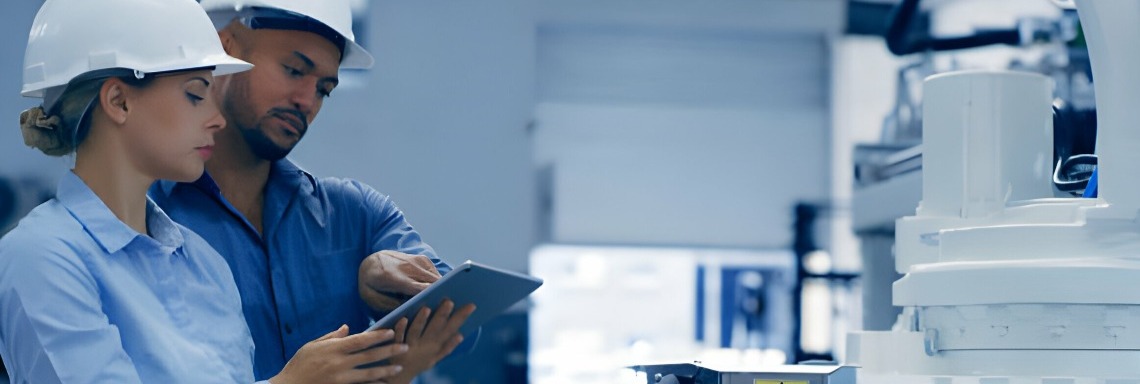A Guide To Choosing the Right Testing & Certification Partner for Your Products’ Approvals
Selecting a suitable testing laboratory or certification body is a vital step for manufacturers aiming to guarantee their products’ quality, safety, and compliance. Here are key aspects to consider in choosing a third-party partner:
Outstanding Customer Service and Relationship Building: An ideal partner should excel in customer service and foster long-lasting relationships with their clients. Responsiveness, attentiveness, and adaptability to manufacturer’s needs and expectations are essential. Effective, clear, and prompt communication is crucial throughout the testing and certification journey.
Required Accreditations: A trustworthy partner must possess the necessary accreditations for the specific standards and regulations relevant to the products they are testing or certifying. These accreditations affirm the partner’s competency, impartiality, and trustworthiness in conducting tests and certifications in line with industry standards. Manufacturers are advised to inquire about these accreditations and validate them with authoritative bodies.
Efficient Technical Communication: A dependable partner should proficiently convey the technical details of the testing or certification project. Explaining test methodologies, procedures, outcomes, and reports in a straightforward manner is vital. They must also be prepared to address any inquiries or issues raised by manufacturers.
Expertise in Technical Matters: A capable partner should have extensive knowledge and experience relevant to the tests or certifications required for the products. They should employ skilled and trained personnel capable of executing tests or certifications with precision and consistency. Adequate and appropriate equipment for specific product testing is also a necessity.
Timeliness of Project Completion: A competent partner should complete projects within a reasonable timeframe without sacrificing accuracy. Streamlined processes to minimize delays, errors, and rework are important. A transparent and proactive approach in updating manufacturers about the project’s progress and status is also beneficial.
Convenient Laboratory Locations: The location of testing or certification facilities is important. Proximity or strategic placement can reduce transport costs, time, and risks involved in shipping products. It also facilitates direct communication and collaboration.

| Criteria | Importance |
|---|---|
| Customer Service & Relationship | Essential for clear communication and long-term partnership. |
| Accreditations | Demonstrates competency and credibility in the industry. |
| Technical Communication | Key for understanding testing methods and results. |
| Technical Expertise | Ensures accurate and consistent testing/certification. |
| Project Completion Time | Important for efficiency and meeting product timelines. |
| Lab Locations | Reduces logistical challenges and fosters better collaboration. |
Choosing the right testing and certification partner is a decision of considerable significance, influencing not just product success but also brand reputation. By thoroughly evaluating potential partners against these criteria, manufacturers can establish partnerships that enhance their competitive position in the market.

